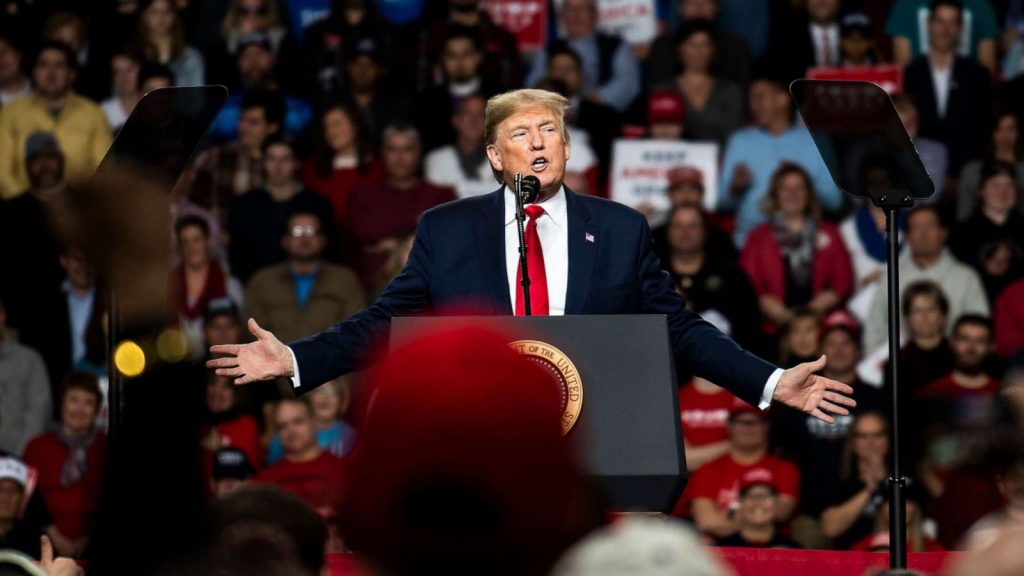Trump’s team should get ‘a lot of credit’ for fast coronavirus stimulus: CBO

Congress’ chief scorekeeper had high praise for the Trump administration Tuesday, saying its agencies managed to deliver coronavirus aid “incredibly quickly,” helping moderate the worst economic effects of the COVID-19 downturn.
Philip L. Swagel, director of the Congressional Budget Office, said Capitol Hill moved speedily to approve aid, and then the Treasury Department moved “quickly and effectively” to process the stimulus payments to Americans.
Same with the Small Business Administration, he said, which has pumped out assistance for firms.
Mr. Philip was working in the administration during the 2008 financial crisis, when Congress also approved several rounds of stimulus. He said that money went out quickly, but this year’s response has been even faster.
“The IRS and those other agencies deserve a lot of credit,” he said in a virtual forum sponsored by the Peter G. Peterson Foundation.
The glowing words from Congress’s nonpartisan budget watchdog stand in contrast to a raft of reporting over the last couple of months that agencies were overwhelmed by the demands of virus response.
It also dents the argument of Democrats on Capitol Hill, who had accused the Treasury Department of delays in getting payments out the door, including waiting for President Trump’s signature to be affixed to them.
The Treasury Department said there was no delay.
Mr. Philip’s agency, the CBO, this week detailed the stunning rise of the 2020 federal budget deficit as cash has poured out the door, and as revenue dips.
He said that’s not in and of itself a major long-term budget problem, particularly with interest rates so low right now, but it could become one if the costs of servicing the debt suddenly rise.
“The fiscal steps taken so far have not greatly increased the burden on the Treasury of funding our debt,” he said.
But he said there’s “tremendous uncertainty” about the trajectory of the disease — and how the economy will respond.
As of now, CBO is projecting gross domestic product will be $3.9 trillion lower in 2020 and 2021 than the agency predicted in January, before the coronavirus crisis.
Consumer spending has been the biggest factor, accounting for $2.7 trillion of those losses, CBO says.
Mr. Philip said the agency is closely studying what consumers do going forward, with the worry that a surge in cases amid reopening could cause consumers to flee the marketplace again.
Whatever the specifics, a long recovery could be in the cards, he said.
“The experience of recent downturns has been the recovery is prolonged,” he said. “We have it taking years to get back.”
Ayooluwa Joshua

